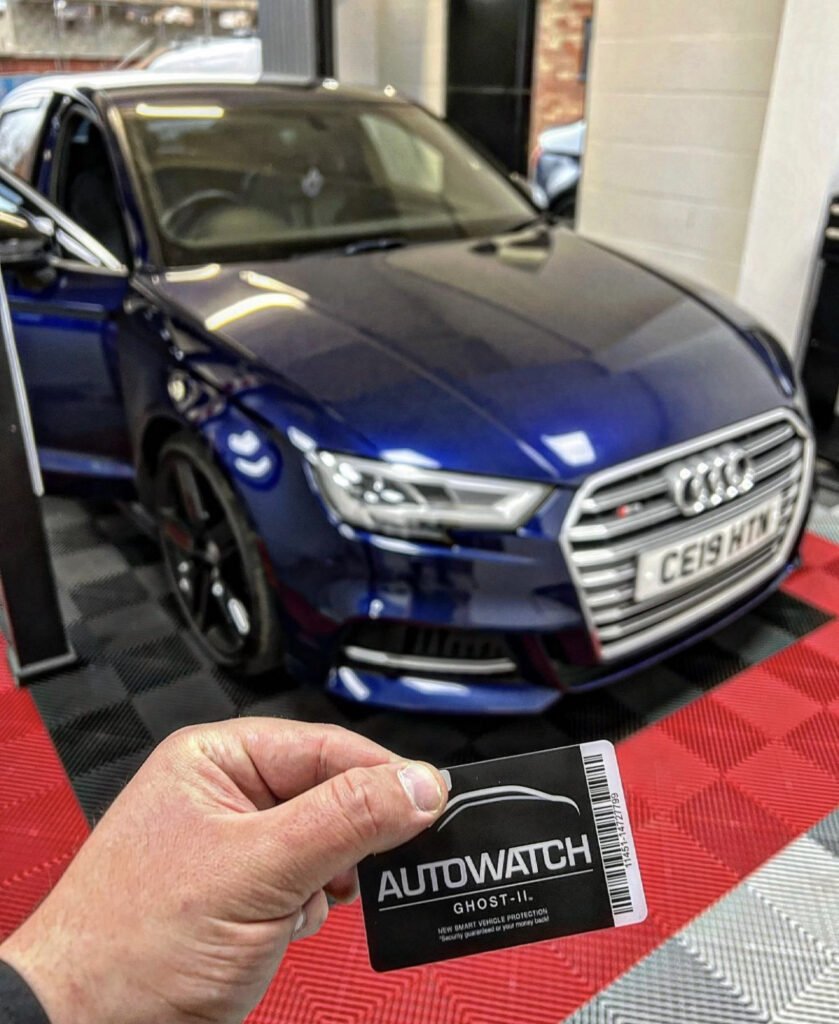How Much Does a Seat Replacement Key Cost?
Losing your car keys is an extremely unpleasant experience. A dealer's replacement key can be expensive. UK Auto Locksmith has specialised technicians who know the Seat models and are able to assist you at a reasonable cost.
We've all experienced that embarrassing moment where we get back in the car to take off an infant's seat, only to fail. It's embarrassing and frustrating, but it happens to the best of us.
Keys
Lost car keys are a common occurrence and can be a troublesome issue to solve and obtaining an exchange key from a dealer can be expensive. UK Auto Locksmiths can offer a much cheaper alternative, and they'll be equipped with the most up-to-date software and equipment to help you out. To enable them to carry out the job, you'll only require an VIN and evidence of ownership. They'll also have to know the kind of key you require. They can provide flip keys, remotes and even Fobs. They are also able to help you with the programming of any new keys.
Remotes
Most Seat drivers keep a spare remote in the house or garage, but when they lose it getting replacement keys from a dealer is expensive and time consuming. This is because most dealers will programme the key using the car's computer which will need to be reset. However, many people buy second-hand keys off the internet that are not programmed to their car. This can be a much cheaper alternative to going to the dealer. But, these key will not start the car because they will not have a transponder chip inside them. You can see the chip (yellow) in this picture below, it is a Dual Inline Package or DIP 18 pin chip. There are also The Keylab , transistor and resonator, all these parts make up the key's circuit.
Immobilisers
The number of car thefts started to decline when car immobilisers began to become popular in the latter part of the 1990s. However, thieves are always on the lookout for ways to evade security systems. They could get around early immobiliser systems by using a scanning tool to locate the transponder's chip, and then copying it to an unlocked key, but since then, technology has improved and they've been forced to devise new methods.
Fortunately, the majority of immobilisers we supply and fit are Thatcham Cat 2 approved. This means that they have been tested and certified by the Thatcham Research organisation. This non-profit organisation is responsible for the grading system, as well as the approval of aftermarket security devices for automobiles and alarm systems, which includes car immobilisers.
When the Thatcham approved system is activated it will send a signal coded to the Engine Management System (EMS) of the vehicle, which stops the motor from running without the correct key. If the vehicle is "hot-wired" after entering, it will stop the engine within 30 seconds and will make it impossible to start.
Of course, like a computer the immobiliser can be affected and the battery inside or the key fob could require replacement. The best thing to do is always to hire a professional to carry out the work, as this will ensure that everything is fitted properly and functions.

Transponders
Transponders send an identification signal back when it is questioned. This helps keep a distinct line between aircraft and identifies an aircraft to air traffic controllers when it is operating a radar system. The information the transponder relays to air traffic control varies depending on the type of system.
Transponders can also be found on spacecrafts and satellites, allowing them to connect with Earth systems, such as cell phone networks and other networks for communication. They receive signals at various frequencies, and then transmit the signals in a different frequency, similar to how repeaters in cell phone networks work.
Often sophisticated passive transponders can be located on aircraft. They are used to monitor the status of flight and provide navigation information such as the aircraft's position, speed, altitude, and route. Air traffic controllers use the data from these transponders to manage flight routes and ensure security.
In addition to aircraft transponders some personal keys come with a tiny transponder. These chips don't require batteries and are purely passive. This allows the ECU to read the signal from the transponder whenever it is put into the ignition lock.
Most airplanes have a switch on the flight deck, which allows pilots to turn on or off their transponders. They can also select a "ident" mode that allows the transponder to broadcast its unique squawk codes. This helps it stand out in an air-traffic control panel that is busy.
